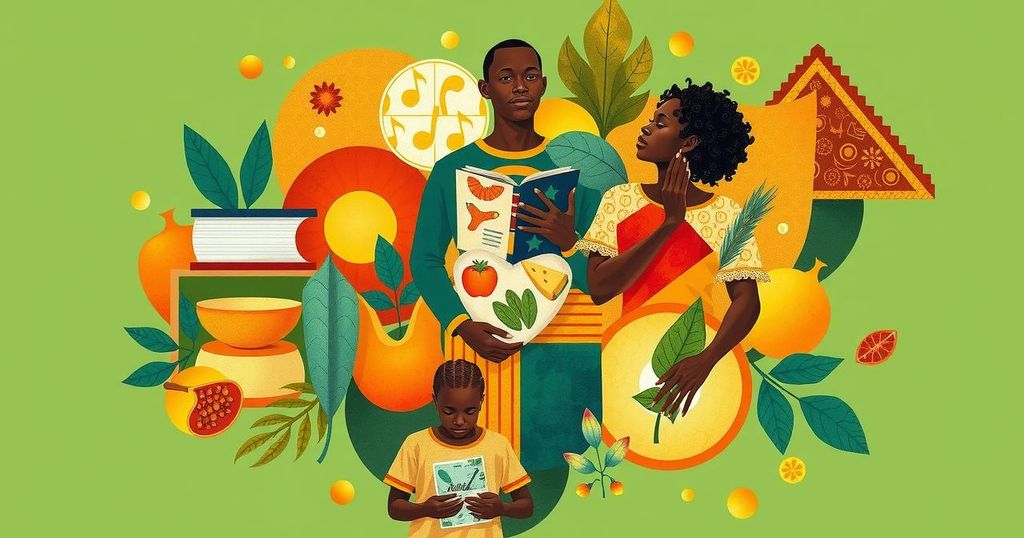World Bank’s $632 Million Loan Approval for Nigeria Amid Debt Concerns
The World Bank is set to approve $632 million in loans to Nigeria focused on nutrition and education, amid rising debt concerns. This follows a previous loan of $500 million for a community resilience program. Nigeria’s external debt has increased substantially, raising concerns about financial sustainability as the government shifts towards alternative revenue sources.
The World Bank is anticipated to approve a $632 million loan package for Nigeria aimed at enhancing nutrition and education sectors, according to reports from The PUNCH. This financing includes $80 million earmarked for the Accelerating Nutrition Results in Nigeria 2.0 project and $552 million for the HOPE for Quality Basic Education for All program. Both initiatives are designed to support Nigeria’s development strategy amidst increasing challenges related to debt.
Significantly, this loan approval follows a previous sanction of $500 million aimed at fortifying Nigeria’s Community Action for Resilience and Economic Stimulus Programme aimed at ameliorating the economic status of vulnerable populations. Launched on March 28, 2025, this initiative seeks to provide essential grants to households in need and reinforce community resilience against adverse economic conditions.
Despite these positive funding approvals, concerns regarding the disbursement delays of earlier World Bank funds persist. Of the $800 million approved for the National Social Safety-Net Program Scale Up, only $315 million has been disbursed due to alleged fraud issues and mismanagement. These delays complicate the Federal Government’s efforts to address economic hardships faced by its needy populace.
In tandem with these developments, Nigeria’s economic debt has escalated significantly. By the end of the third quarter of 2024, debt statistics indicated that Nigeria’s external debt had reached $17.32 billion, with a notable portion owed to the World Bank. Efforts to ameliorate this situation included prioritizing alternative revenue channels instead of accumulating additional debt.
The World Bank’s new loan approvals for Nigeria underscore ongoing support for critical development areas such as education and nutrition. However, mounting debt and previous disbursement issues raise significant concerns. As the government seeks to address economic challenges through enhanced funding, a strategic borrowing approach alongside increased revenue generation will be vital to ensure sustainable economic health and resilience moving forward.
Original Source: punchng.com




Post Comment